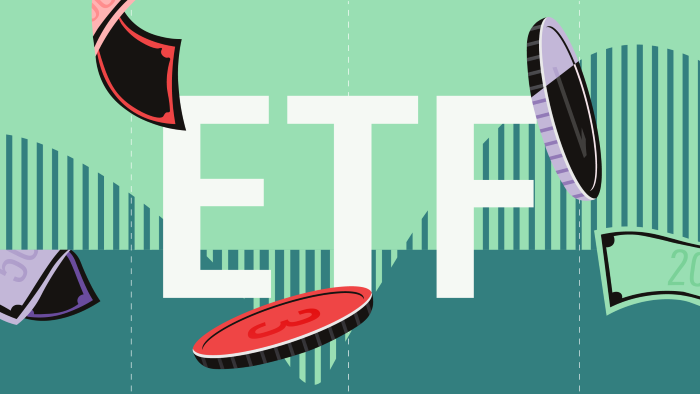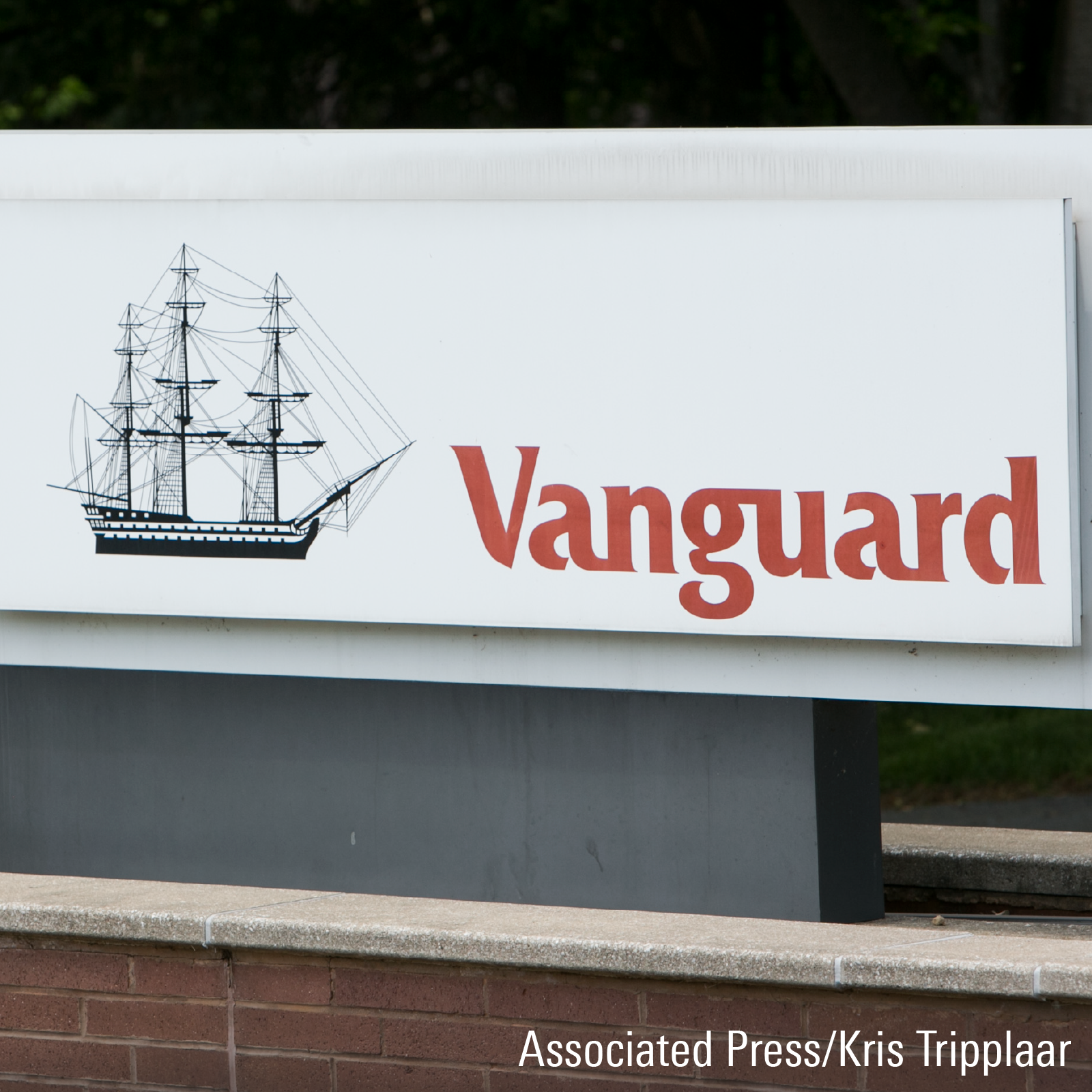Michael Dobson: Those looking for a cheap allocation strategy are in luck. Canada has 25 balanced ETFs that charge a management fee of less than 30 basis points a year. That means you pay only $30 in fees for every $10,000 you invest. These funds are a good starting place for investors who want a 60-40 portfolio with little hassle. The three largest are from BMO, BlackRock and Vanguard, and they look very similar on the surface. All three use cheap index tracking ETFs to good effect, but a closer look reveals key distinctions that affect their ratings. Let's start off by highlighting some allocation differences.
First off, how Canadian are these global funds? Vanguard has a higher allocation to Canadian equity compared to the other two strategies and the average global balanced fund. This is a conscious choice made by the Investment Strategy Group and Strategic Asset Allocation Committee made up of Vanguard's leaders. BMO and BlackRock's strategy conversely holds a large amount of their bond sleeves in Canada compared to Vanguard, so their performance can be influenced by how Canadian bonds and interest rates move compared to the rest of the world.
Another attribute worth looking at is the rebalancing policies of the three. Rebalancing a portfolio regularly keeps an investor from taking on unintended risks, but do it too much and the costs start to climb. Both Vanguard and iShares established rebalancing bands around set-targeted weights, but what they target is the key difference. Vanguard places a more traditional 2% band around the asset mix, setting the portfolio back to neutral when the total equity weight in the portfolio passes 62% or drops below 58%. This is a very simple approach, which balances the trade-off between limiting risk and trading costs.
iShares, on the other hand, sets theirs around specific markets, like Canadian equity and U.S. bonds. It's in that nuance that can introduce a higher tolerance for more fluctuations in the portfolio and the iShares core balanced ETF portfolio indeed saw wider fluctuations in its overall asset mix than the other two strategies we're looking at, perhaps limiting costs but potentially also raising risks.
Rebalancing and geographic exposure are only two factors to consider when comparing global balanced ETFs. Vanguard's clear rebalancing policy and contributions from investment groups make it the more intriguing option of the three though it does cost a little more. So what's right for you depends very much on your priorities. With 25 balanced ETFs, with expense ratios below 30 basis points, Canadians have many options at their disposal.
For Morningstar, I'm Michael Dobson.




















